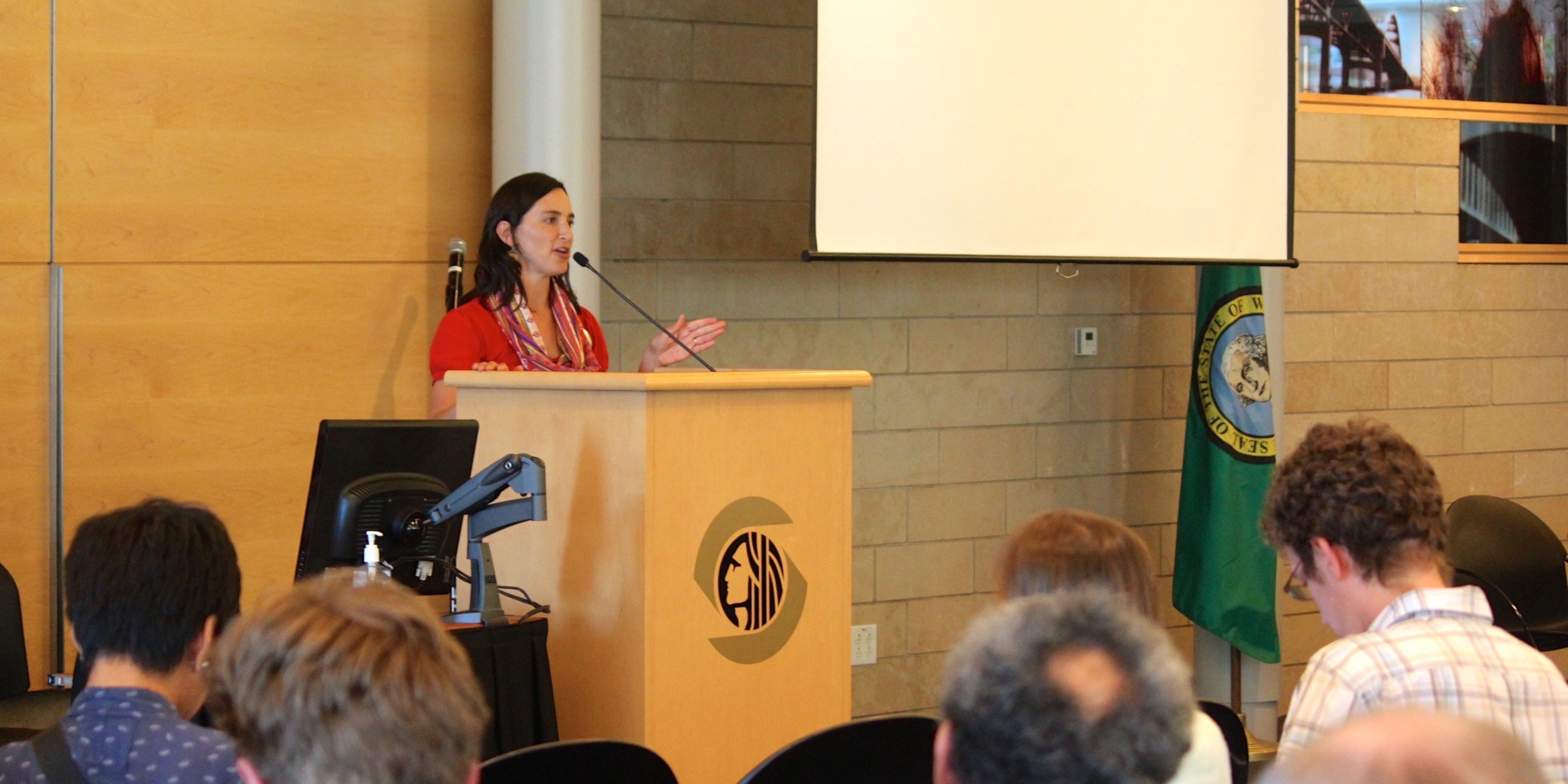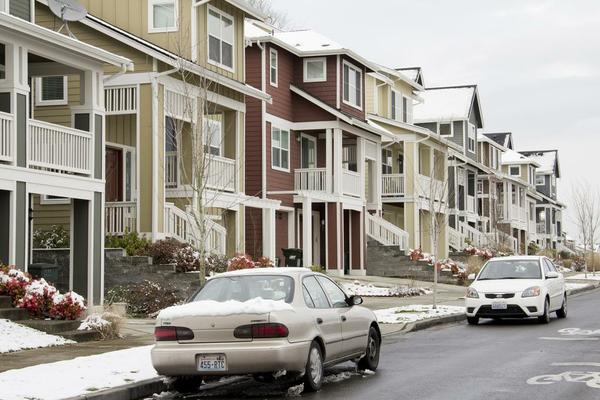Across the country, Seattle is well known for its commitment to environmental sustainability. And with the recent passage of a $15 minimum wage, the City of Seattle is poised to become not only a leader in protecting our environment, but also a leader in addressing income inequality. These dual priorities are best intertwined in Mayor Ed Murray’s commitment to prevent displacement of low-income communities and people of color, ensuring that everyone who works in Seattle can also afford to live in Seattle. By building sustainable and dense communities, everyone will have the opportunity to have good jobs and an affordable place to live.
High-density cities contribute less greenhouse-gas emissions per person than other areas of the country, largely because people who live in cities do not need cars to travel to and from work. When low-income people and people of color – who are more likely to be transit reliant – are priced out of cities and become suburban auto users, the environmental gain of building dense neighborhoods is undermined. In fact, higher income households moving to new development near transit are more likely to own a car than lower-income people who are displaced.
Exacerbated by recent bus cuts in the suburbs, displacement could become a driver of increased greenhouse-gas emissions and increased traffic. In light of this, solving the crisis of affordable housing in Seattle may be one of the most effective strategies for reducing our carbon footprint.
To address the need for affordable housing, the Mayor and the City Council is revamping the City’s Comprehensive Plan, a 20-year plan for most of Seattle’s big-picture decisions on how to grow while preserving and improving our neighborhoods. Councilmember O’Brien’s Sustainability Committee is looking to harness this growth to build or preserve affordable housing.
Next month, the City Council will wrap up a year of study and advisory committee meetings on how market-rate developers can contribute to affordable housing. Specifically, the City Council is examining its controversial incentive zoning program, generally criticized by housing proponents as weak and currently being challenged by developers in court.
The current incentive zoning program allows developers to build higher and bigger buildings in exchange for contributing a small number of affordable units or marginal fee to an affordable housing fund. This current policy is considerably weaker than similar policies in other major cities such. The City’s consultants estimate that since 2001, the program has created only 714 affordable units, prompting the City Council to review new options for the program to increase the amount of affordable housing.
As we have mentioned in our previous post, the City’s consultants have recommended two options to strengthen developer contribution to affordable housing. First, the City can increase required units or fees under the existing program, though the consultants caution this will create only a marginal gain due to legal constraints and limited geographic scope. Second, the City could opt for a new strategy that requires developers in most areas of the city to pay a fee for new construction of market-rate real estate.
These two strategies take advantage of the very thing that is causing displacement – rising property values. Commercial property owners across the city are enjoying record land values, due in part to relaxed zoning limits and massive public investment in infrastructure, such as the light rail, a new street grid north of downtown, transformation of the waterfront and new investments in parks. With these benefits, property owners and developers are granted enough economic value that allows them to build densely, contribute a fair share to affordable housing and make a profit.
We need all tools available to ensure affordable housing. Seattle residents have certainly been doing their part – paying for affordability for many years through the Housing Levy. The proposed policies affecting developers won’t single-handedly solve our crisis, but they represent an important piece of a comprehensive housing affordability strategy. With a strategy that does not deter growth, we can achieve both sustainability and equity in a city in which all families can thrive.



